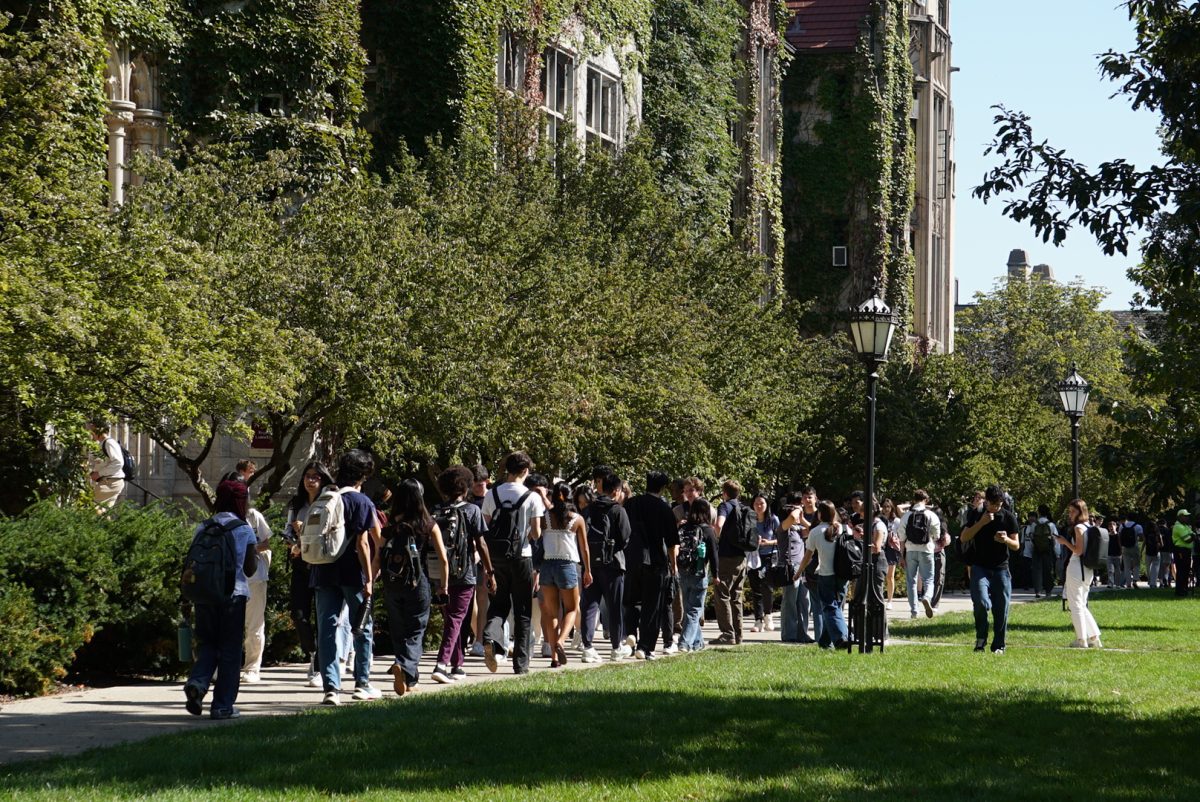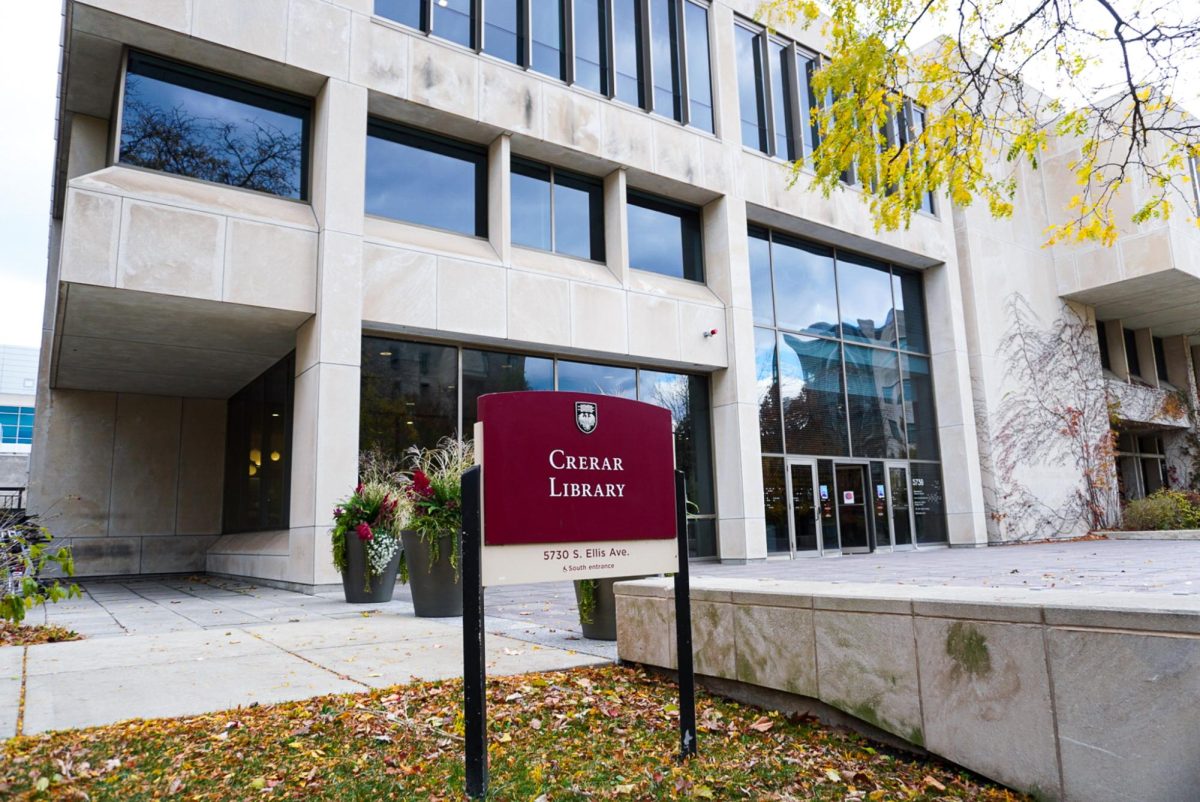The U.S. loves to champion democracy and self-determination, especially in the Middle East. Recent articles in this publication have called for a stronger American commitment to democracy in the Middle East, and have suggested that the U.S. should force Saudi Arabia to reform its dictatorial style of governance. I’m sure that those who advocate this opinion were outraged and appalled at the recent statement of Donald Rumsfeld when he told Associated Press, “If you’re suggesting how would we feel about an Iranian-type government with a few clerics running everything in the country, the answer is: That isn’t going to happen.”
Who gave Rumsfeld the right to decide what form of government Iraq will have? His remarks confirm suspicions around the world that the U.S. wants to decide how Iraq is governed. He has also contradicted his boss, Bush, who said earlier, “The form and leadership of that [Iraqi] government is for the Iraqi people to choose.” The U.S. has absolutely no right to interfere in the internal affairs of Iraq. Once the U.S. undoes the damage that it inflicted on the Iraqi people during this war, American troops should leave Iraq, and American policy-makers should realize that Iraq does not fall within their jurisdiction. Some people in this country got excited when they saw a mob cheering as U.S. troops brought down Saddam’s statue in Baghdad’s main square. They took this as a signal that the Iraqis regard the Americans as emancipators who should remain involved in Iraq’s affairs. Since then, thousands of Iraqis have told U.S. troops: No Saddam, No U.S., Yes Islam. What does Rumsfeld propose to do if there’s clear support in Iraq for an Islamic government? Will he try to subvert a legitimate and popular political movement?
The U.S. will lose the little credibility that it has in the Middle East if it chooses to ignore the wishes of the devastated Iraqi people. Most Arabs and Muslims regard the U.S.’s fixation with democracy and human rights in their countries as motivated and fake. Iraqis who have borne the brunt of Saddam’s regime have the right to determine Iraq’s future, not people like Ahmed Chalabi, a crook who decided to live out Saddam’s regime in the comfort of Europe and America, and who hardly enjoys any local support in Iraq. It’s easy to imagine why most of the world thinks that the Bush administration’s entire policy towards Iraq is guided by the urge to dominate Iraq’s oil. If the U.S. wants to increase its own security and build better relations with the Muslim world, it must abandon its hypocritical attitude towards democracy. If Iraqis want an Iranian-style government, then so be it. The U.S. earns no sympathy or goodwill in Iraq; since the “liberation” of Baghdad, its residents have seen firsthand the deaths of more than a dozen civilians, including children, as a result of the explosion in the U.S. arms depot. They witnessed the travesty of U.S. troops guarding the empty Ministry of Petroleum while Baghdad’s museums and hospitals were looted.
“They hate us because we love liberty,” is how the ignorant choose to explain the mistrust and bitterness that a lot of Arabs have for the U.S. Iraqis will hate us, and they’ll have every right to do so, if we impose upon them. The U.S.’s unwise support for the Shah of Iran against his people who wanted an Islamic revolution led to the Iranian hostage crisis and Iran’s subsequent staunch anti-U.S. stance. The U.S. operation against Iraq came at the cost of violations of international law, increased hatred of the U.S., the loss of lives, and the plunder and looting of Iraq. And the only way that all that can be tolerated is if the freedom of the Iraqi people, from Saddam and the U.S., comes as a result. Mr. Rumsfeld, “Operation Iraqi Freedom” is much less potent and powerful than the desire of the Iraqi people to achieve true Iraqi freedom.






